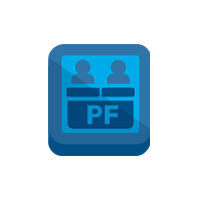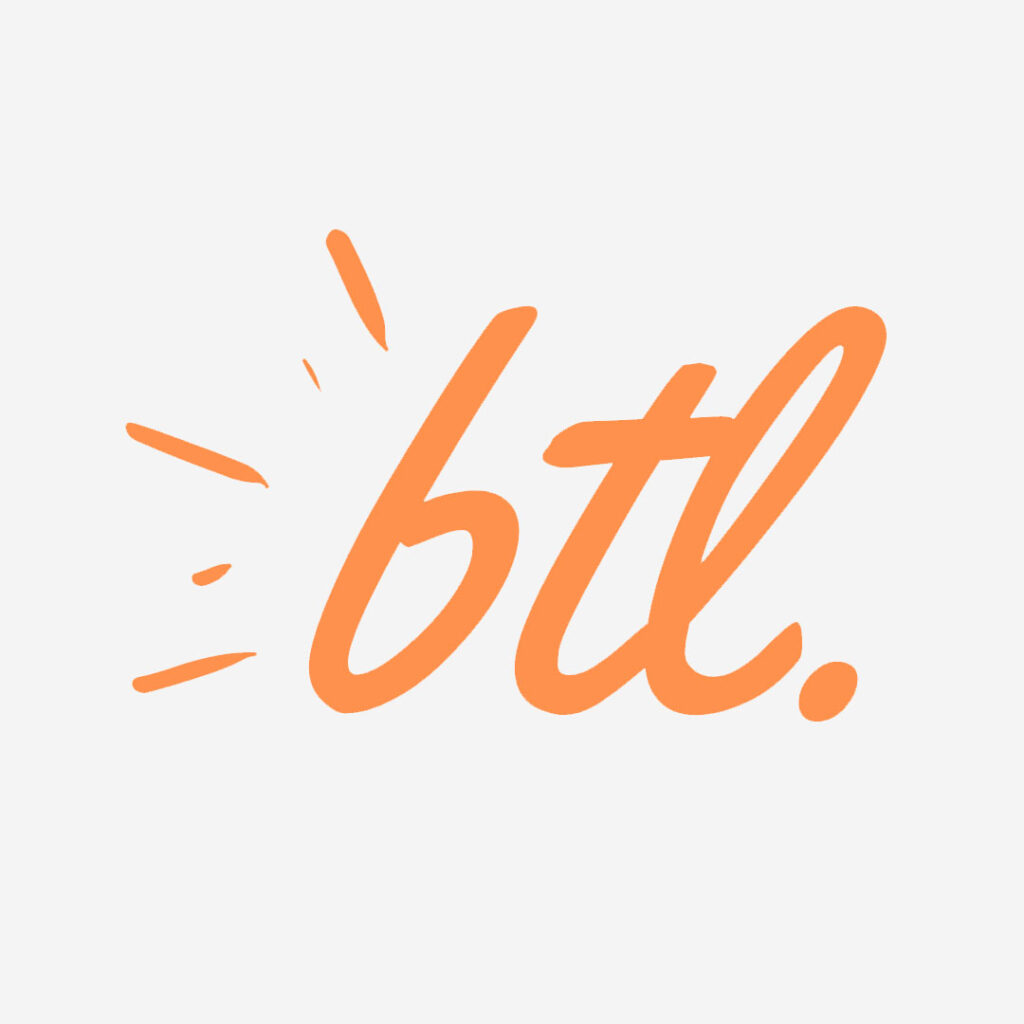Judge Accreditation
NSDA JUDGE ACCREDITATION is an ever-growing set of self-paced online judge certification modules. Upon successful completion of each module, judges will be able to download a certificate and claim their badge in Tabroom.com. Thank you for judging!
Access your NSDA Learn profile
- All Courses
- Level 1 Accreditation
- Level 2 Accreditation
- Level 3 Accreditation
- Learn More
- Translation Guides
Level 1:
Level 1: Intro to Impartial Judging
This training module focuses on impartiality as a vital skill for all judges. It outlines three key characteristics necessary for impartial judging, examines how these qualities apply in practice, and offers practical strategies for providing fair, unbiased, and constructive feedback.
Level 1: Intro to Judging Congress
This training module will give you a basic overview of judging a Congressional Debate round. It includes information on what will happen before, during, and after a Congressional Debate round, as well as introductory tips on how to be a great Congress judge!
Level 1: Intro to Judging Debate
This training module will give you a basic overview of judging a debate round. It includes information on what will happen before, during, and after a debate round, as well as introductory tips on how to be a great debate judge!
Level 1: Intro to Judging Speech
This training module will give you a basic overview of judging a speech round. It includes information on what will happen before, during, and after a speech round, as well as introductory tips on how to be a great speech judge.
Level 2:
Level 2: Judging Big Questions Debate
This training module will describe the debate event Big Questions. It includes an overview of the rules of Big Questions Debate and tips for what to consider while you are judging it.
Level 2: Judging Congressional Debate
This training module will describe the event Congressional Debate. It includes an overview of the rules of Congressional Debate and tips for what to consider while you are judging it.
Level 2: Judging Dramatic, Humorous, and Duo Interpretation
This training module will describe three different speech events: Dramatic Interpretation, Humorous Interpretation, and Duo Interpretation. It includes an overview of the rules in each event and tips for what to consider while you are judging them.
Level 2: Judging Extemporaneous Speaking
This training module will describe the speech event Extemporaneous Speaking. It includes an overview of the rules of United States Extemp and International Extemp and tips for what to consider while you are judging these events.
Level 2: Judging Lincoln-Douglas Debate
This training module will describe the debate event Lincoln-Douglas. It includes an overview of the rules of Lincoln-Douglas Debate and tips for what to consider while you are judging it.
Level 2: Judging Original Oratory and Informative Speaking
This training module will describe two different speech events: Original Oratory and Informative Speaking. It includes an overview of the rules in each event and tips for what to consider while you are judging them.
Level 2: Judging Policy Debate
This training module will describe Policy Debate. It includes an overview of the rules of Policy Debate and tips for what to consider while you are judging it.
Level 2: Judging Program Oral Interpretation
This training module will describe the speech event Program Oral Interpretation. It includes an overview of the rules of POI and tips for what to consider while you are judging it.
Level 2: Judging Public Forum Debate
This training module will describe the debate event Public Forum. It includes an overview of the rules of Public Forum Debate and tips for what to consider while you are judging it.
Level 2: Judging World Schools Debate
This training module will describe the debate event World Schools. It includes an overview of the rules of World Schools Debate and tips for what to consider while you are judging it.
Level 3:
Level 3: Judging Extemporaneous Speaking
This training module will focus on the speech event Extemporaneous Speaking. It provides key guidance on what to consider when evaluating and providing feedback to students as a judge.
Level 3: Judging Informative Speaking
This training module will focus on the speech event Informative Speaking. It provides key guidance on what to consider when evaluating and providing feedback to students as a judge.
Debate:
Level 1: Intro to Judging Congress
This training module will give you a basic overview of judging a Congressional Debate round. It includes information on what will happen before, during, and after a Congressional Debate round, as well as introductory tips on how to be a great Congress judge!
Level 1: Intro to Judging Debate
This training module will give you a basic overview of judging a debate round. It includes information on what will happen before, during, and after a debate round, as well as introductory tips on how to be a great debate judge!
Speech:
Level 1: Intro to Judging Speech
This training module will give you a basic overview of judging a speech round. It includes information on what will happen before, during, and after a speech round, as well as introductory tips on how to be a great speech judge.
Other:
Level 1: Intro to Impartial Judging
This training module focuses on impartiality as a vital skill for all judges. It outlines three key characteristics necessary for impartial judging, examines how these qualities apply in practice, and offers practical strategies for providing fair, unbiased, and constructive feedback.
Debate:
Level 2: Judging Big Questions Debate
This training module will describe the debate event Big Questions. It includes an overview of the rules of Big Questions Debate and tips for what to consider while you are judging it.
Level 2: Judging Congressional Debate
This training module will describe the event Congressional Debate. It includes an overview of the rules of Congressional Debate and tips for what to consider while you are judging it.
Level 2: Judging Lincoln-Douglas Debate
This training module will describe the debate event Lincoln-Douglas. It includes an overview of the rules of Lincoln-Douglas Debate and tips for what to consider while you are judging it.
Level 2: Judging Policy Debate
This training module will describe Policy Debate. It includes an overview of the rules of Policy Debate and tips for what to consider while you are judging it.
Level 2: Judging Public Forum Debate
This training module will describe the debate event Public Forum. It includes an overview of the rules of Public Forum Debate and tips for what to consider while you are judging it.
Level 2: Judging World Schools Debate
This training module will describe the debate event World Schools. It includes an overview of the rules of World Schools Debate and tips for what to consider while you are judging it.
Speech:
Level 2: Judging Dramatic, Humorous, and Duo Interpretation
This training module will describe three different speech events: Dramatic Interpretation, Humorous Interpretation, and Duo Interpretation. It includes an overview of the rules in each event and tips for what to consider while you are judging them.
Level 2: Judging Extemporaneous Speaking
This training module will describe the speech event Extemporaneous Speaking. It includes an overview of the rules of United States Extemp and International Extemp and tips for what to consider while you are judging these events.
Level 2: Judging Original Oratory and Informative Speaking
This training module will describe two different speech events: Original Oratory and Informative Speaking. It includes an overview of the rules in each event and tips for what to consider while you are judging them.
Level 2: Judging Program Oral Interpretation
This training module will describe the speech event Program Oral Interpretation. It includes an overview of the rules of POI and tips for what to consider while you are judging it.
Speech:
Level 3: Judging Extemporaneous Speaking
This training module will focus on the speech event Extemporaneous Speaking. It provides key guidance on what to consider when evaluating and providing feedback to students as a judge.
Level 3: Judging Informative Speaking
This training module will focus on the speech event Informative Speaking. It provides key guidance on what to consider when evaluating and providing feedback to students as a judge.
The National Federation of State High School Associations (NFHS) has created a series of courses that are relevant to speech and debate judges.
Access these courses: On the NFHS Learning Center, you must first register for or sign in to an NFHS account. Navigate to a course using the following links, select your state, and “Order Course.” Each of the following courses are free, and the checkout page will show a $0 charge. Select “Checkout” and “Go to My Courses” to begin!
Prose (PRO)
Prose (PRO) performances require that the speaker uses a binder or booklet. The time limits for Prose differ in many states, so check with your tournament director! At the high school level for the NSDA National Tournament, there is a 5-minute time limit with a 30-second grace period. At the middle school level for NSDA tournaments, there is a 7-minute time limit with a 30-second grace period.
-
- Learn more about Prose
- Review a sample Prose ballot with written feedback
Poetry (POE)
Poetry (POE) performances require that the speaker uses a binder or booklet. The time limits for Poetry differ in many states, so check with your tournament director! At the high school level for the NSDA National Tournament, there is a 5-minute time limit with a 30-second grace period. At the middle school level for NSDA tournaments, there is a 7-minute time limit with a 30-second grace period.
-
- Learn more about Poetry
- Review a sample Poetry ballot with written feedback
Pro Con Challenge (PCC)
Pro Con Challenge (PCC) is typically an online event. It features a pro and a con speech performed within a 10-minute time limit with a 30-second grace period. The performance should not be memorized.
-
- Learn more about Pro Con Challenge
- Review a sample Pro Con Challenge ballot
- Check out this video on how to judge Pro Con Challenge online.
Original Spoken Word Poetry (OSW)
Original Spoken Word Poetry (OSW) is a memorized event. There is a 5-minute time limit with a 30-second grace period.
Impromptu (IMP)
In Impromptu (IMP), students have 7 minutes to select a topic, write a speech, memorize the speech, and deliver it. Students typically draw their Impromptu topic from an envelope that the judge receives before they go to their room. Students may prepare for 2 minutes and speak for 5, prepare for 4 minutes and speak for 3, and so on.
-
- Learn more about Impromptu
- Save this one-page overview of how to judge Impromptu
- Review a sample Impromptu ballot with written feedback
- Check out a video on how to judge Impromptu
Declamation (DEC)
Declamation is a memorized event. There is a 10-minute time limit with a 30-second grace period.
-
- Learn more about Declamation
- Save this one-page overview of how to judge Declamation
- Review a sample Declamation ballot with written feedback
- Check out a video on how to judge Declamation
Expository (EXP)
Expository is a memorized event. There is a 5-minute time limit with a 30-second grace period.
Extemporaneous Commentary (COM)
Students in Extemporaneous Commentary (COM) will report to the “prep room” 20-minutes before their round begins to select a topic, prepare a speech, memorize it, and come to the room to perform it for you! You should expect speakers to join your room one at a time with a few minutes in between each speech. Extemp Commentary speeches are memorized and delivered from a seated position behind a table or desk. There is a time limit of 5-minutes and a grace period of 30-seconds.
Storytelling (STO)
Storytelling is a memorized event. There is a 5-minute time limit with a 30-second grace period.
-
- Learn more about Storytelling
- Check out a video on how to judge Storytelling















